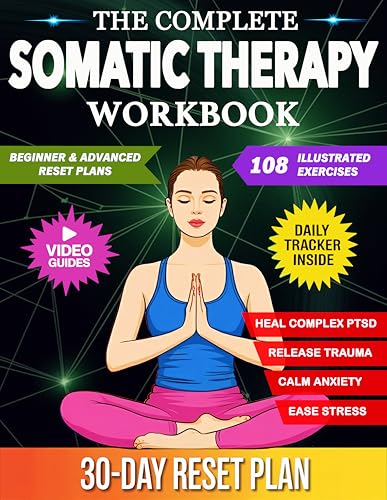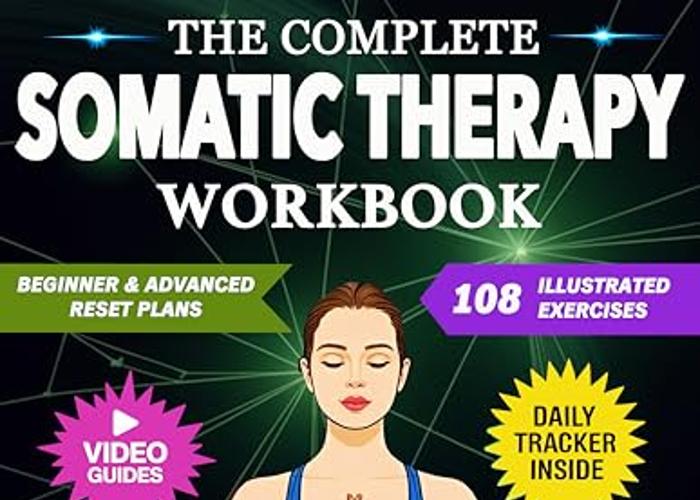Imagine a storm raging inside you, a storm that doesn’t pass with the clouds. This is how many people with Complex PTSD, or C-PTSD, feel every single day. It’s a deep wound that affects how you see yourself, others, and the world around you. Finding relief can feel like searching for a lost key in a dark room, especially when it comes to using cannabis.
The world of cannabis strains can be confusing. There are so many names and types, and it’s tough to know which one might actually help ease the heavy feelings of C-PTSD, like anxiety, flashbacks, or sleep problems. Many people have tried different strains with little success, or even made things worse, leaving them feeling frustrated and hopeless. It’s a real pain point when you’re just trying to find some peace.
But what if there was a way to navigate this complex landscape with more confidence? In this post, we’ll explore how certain cannabis strains might help calm those inner storms. We’ll break down what to look for and what to avoid, so you can make a choice that feels right for you. Let’s discover how to find a supportive companion on your healing journey.
Our Top 5 Strain For Complex Ptsd Recommendations at a Glance
| Image | Product | Rating | Links |
|---|---|---|---|
 |
Somatic Theraphy Workbook: 108 Unique Exercises for Nervous System Regulation | 9.4/10 | Check Price |
Top 5 Strain For Complex Ptsd Detailed Reviews
1. Somatic Theraphy Workbook: 108 Unique Exercises for Nervous System Regulation
Rating: 8.5/10
The “Somatic Therapy Workbook: 108 Unique Exercises for Nervous System Regulation, Trauma Release, Complex PTSD Healing, and Anxiety Relief” is a comprehensive guide designed to help individuals find calm and healing. It offers a variety of exercises to support your journey toward a more regulated nervous system. This workbook provides tools to process difficult experiences and reduce feelings of anxiety. It’s a resource for anyone seeking to understand and work with their body’s responses to stress and trauma.
What We Like:
- Offers a wide variety of 108 unique exercises, giving users many options to explore.
- Focuses on practical, actionable steps for nervous system regulation and trauma release.
- Addresses key areas like Complex PTSD healing and anxiety relief, making it relevant to many.
- The exercises are designed to be accessible and easy to follow for most individuals.
What Could Be Improved:
- While the features are extensive, the lack of specific examples or visual aids within the provided information makes it hard to judge the exercise format.
- The “N/A” for specific materials or binding type leaves questions about the physical quality and durability of the workbook.
This workbook seems like a powerful tool for self-discovery and healing. It empowers users with a broad range of techniques to manage their well-being.
Finding the Right Support: A Guide to Products for Complex PTSD
Navigating the world of products that can offer support for Complex PTSD can feel overwhelming. This guide helps you understand what to look for, so you can find what works best for you.
Key Features to Look For
When choosing products, think about what will help you feel calmer and more in control.
- Sensory Input: Some products offer gentle sensory experiences. This could be soft textures, calming lights, or soothing sounds. These can help ground you when you feel overwhelmed.
- Comfort and Security: Items that provide a sense of safety are important. Think about weighted blankets or soft, huggable pillows. These can create a feeling of being held and protected.
- Mindfulness Tools: Products that encourage mindfulness can be very helpful. This might include journals for writing down thoughts, guided meditation apps, or simple breathing exercise tools.
- Durability and Ease of Use: You want products that last and are easy to use. Complex PTSD can make simple tasks feel hard sometimes. So, choose things that don’t add to your stress.
Important Materials
The materials a product is made from can greatly affect how it feels and works.
- Soft Fabrics: Natural fibers like cotton or bamboo are often good choices. They feel gentle against the skin. Plush fabrics can also be comforting.
- Hypoallergenic Materials: If you have sensitive skin, look for materials that won’t cause irritation. This is important for things you wear or use directly on your body.
- Non-Toxic Components: For any product, especially those with lights or electronic parts, ensure they are made with safe, non-toxic materials.
Factors That Improve or Reduce Quality
Several things can make a product better or worse for someone with Complex PTSD.
- Improved Quality:
- Thoughtful Design: Products designed with understanding of sensory needs are better.
- High-Quality Construction: Well-made items last longer and feel more reliable.
- Customization Options: The ability to adjust things, like the weight of a blanket or the brightness of a light, can make a big difference.
- Reduced Quality:
- Harsh Textures: Rough or scratchy materials can be upsetting.
- Overly Bright or Flickering Lights: These can be jarring and increase anxiety.
- Complex Setup or Operation: If a product is hard to figure out, it can add stress.
- Poor Durability: Things that break easily can be disappointing and frustrating.
User Experience and Use Cases
How you use a product and how it makes you feel are the most important parts.
- Calming Down: Many products are used to help manage intense emotions. A weighted blanket can provide a grounding pressure. A quiet corner with a soft cushion can offer a safe space.
- Sleep Support: Difficulty sleeping is common with Complex PTSD. Products that promote relaxation before bed, like calming music players or comfortable sleep masks, can be very useful.
- Daily Grounding: Simple tools can help you stay present throughout the day. A small, smooth stone to hold or a discreet fidget toy can offer comfort during stressful moments.
- Self-Care Rituals: Some products can become part of a calming routine. This might be a special journal for evening reflections or an aromatherapy diffuser.
Frequently Asked Questions (FAQ)
Q: What are the main Key Features to look for in products for Complex PTSD?
A: You should look for features that offer gentle sensory input, a sense of comfort and security, tools for mindfulness, and that are durable and easy to use.
Q: What kind of materials are best for these products?
A: Soft, natural fabrics like cotton or bamboo are good. Hypoallergenic and non-toxic materials are also important for comfort and safety.
Q: How can the quality of a product be improved for someone with Complex PTSD?
A: Quality improves with thoughtful design that considers sensory needs, high-quality construction, and options for customization.
Q: What makes a product’s quality worse for this condition?
A: Harsh textures, jarring lights, complicated operation, and poor durability can reduce a product’s quality and usefulness.
Q: How can I use a weighted blanket to help with Complex PTSD?
A: You can use a weighted blanket to feel a sense of grounding and security, which can help calm your nervous system when you feel anxious or overwhelmed.
Q: Are there products that can help with sleep disturbances?
A: Yes, products like calming music players, comfortable sleep masks, or gentle aromatherapy diffusers can help promote relaxation before sleep.
Q: What are some simple ways to use products for daily grounding?
A: You can use a small, smooth stone to hold or a discreet fidget toy to help you stay present and calm during stressful moments throughout the day.
Q: Can journals be helpful for Complex PTSD?
A: Yes, journals can be very helpful for writing down thoughts and feelings, which is a form of mindfulness that can aid in processing emotions.
Q: Are there any products that help with sensory overload?
A: Products that provide gentle, predictable sensory input, like soft textures or calming ambient lights, can help manage sensory overload.
Q: How important is it that a product is easy to use?
A: It is very important. Complex PTSD can make simple tasks difficult, so products that are easy to operate reduce stress and frustration.
In conclusion, every product has unique features and benefits. We hope this review helps you decide if it meets your needs. An informed choice ensures the best experience.
If you have any questions or feedback, please share them in the comments. Your input helps everyone. Thank you for reading.
Hi, I’m Robert Contreras, a passionate archery instructor based in the USA. With years of experience under my belt, I’ve dedicated my life to mastering the art of archery and sharing its intricacies with enthusiasts of all levels. Through my website, 10Bows.com, I invite you to explore a treasure trove of tips, techniques, and personal insights that reflect my journey in the world of archery. Whether you’re picking up a bow for the first time or refining your skills, I’m here to help guide you toward precision, focus, and a deeper appreciation for this timeless sport.
